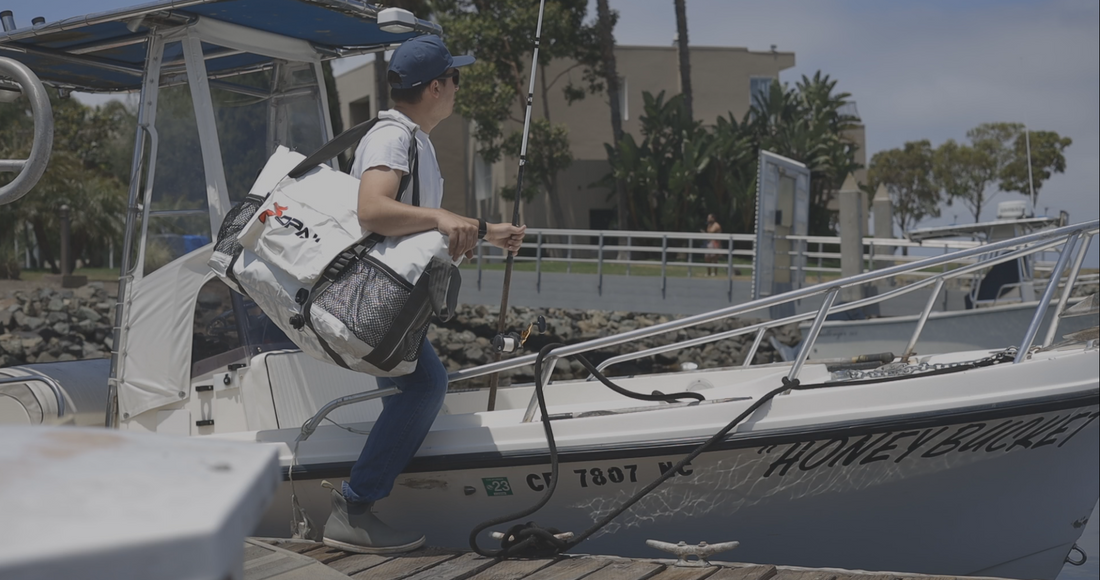As an avid angler or boat owner, your fishing gear and vessel are not just equipment—they're investments in your passion. However, accidents, theft, and unforeseen mishaps can put them at risk. That's where insurance comes in, offering peace of mind and financial protection against potential losses. We'll delve into the importance of ensuring your fishing gear and boat and provide essential tips for selecting the right insurance coverage to safeguard your assets.
- Assessing Your Needs:
- Start by taking stock of your fishing gear and boat, including their value, age, and condition. Consider the types of fishing equipment you own, such as rods, reels, tackle, electronics, and accessories, as well as the make, model, and size of your boat.
- Evaluate your usage patterns and risk factors, such as the frequency of fishing trips, storage arrangements, travel distances, and exposure to environmental risks like storms, theft-prone areas, or vandalism.
- Understanding Insurance Options
- Research different types of insurance coverage tailored to fishing gear and boats, such as personal articles policies, inland marine insurance, boat insurance, and umbrella policies. Understanding the scope of coverage, deductibles, limits, and exclusions associated with each option will help you make the best decision.
- Compare the benefits of specialized fishing gear insurance versus incorporating coverage into a broader policy, weighing factors such as cost, convenience, and flexibility in customizing coverage to suit your specific needs.
- It is also very important to register your gear with its manufacturer to take advantage of any factory warranties. While repairing or replacing gear via insurance might be your best move, taking advantage of some brand guarantees is a great way to keep your gear pristine for many seasons.
- Factors to Consider
- Consider factors that may affect your insurance premiums and coverage options, including the value and age of your fishing gear and boat, your location, storage facilities, security measures, past claims history, and any additional riders or endorsements you may require.
- Take into account potential risks and liabilities associated with fishing activities, such as accidents, injuries to passengers or third parties, damage to property, environmental pollution, and legal expenses arising from lawsuits or disputes.
- Customizing Coverage
- Work with an experienced insurance agent or broker specializing in marine and recreational insurance to tailor a policy that meets your unique needs and budget. Seek advice on optional coverages, such as agreed value versus actual cash value, replacement cost coverage, uninsured boater protection, and towing and assistance services.
- Consider bundling your fishing gear and boat insurance with other policies, such as homeowner's or umbrella insurance, to maximize discounts and streamline your coverage portfolio.
- Reviewing and Updating Regularly
- Periodically review and update your insurance coverage to reflect changes in your fishing gear inventory, boat usage, lifestyle, and risk profile. Notify your insurer of any modifications, upgrades, or additions to your equipment or vessel that may affect your coverage needs.
- Stay informed about industry trends, regulatory developments, and emerging risks in the recreational boating and fishing sectors and adjust your insurance strategy accordingly to ensure comprehensive protection against changing threats.
Investing in insurance for your fishing gear and boat is not just a wise financial decision—it's a commitment to protecting your passion. By assessing your needs, understanding coverage options, and working with a trusted insurance advisor, you can navigate the waters of risk management with confidence and ensure that your fishing adventures out on the real water are secure.

